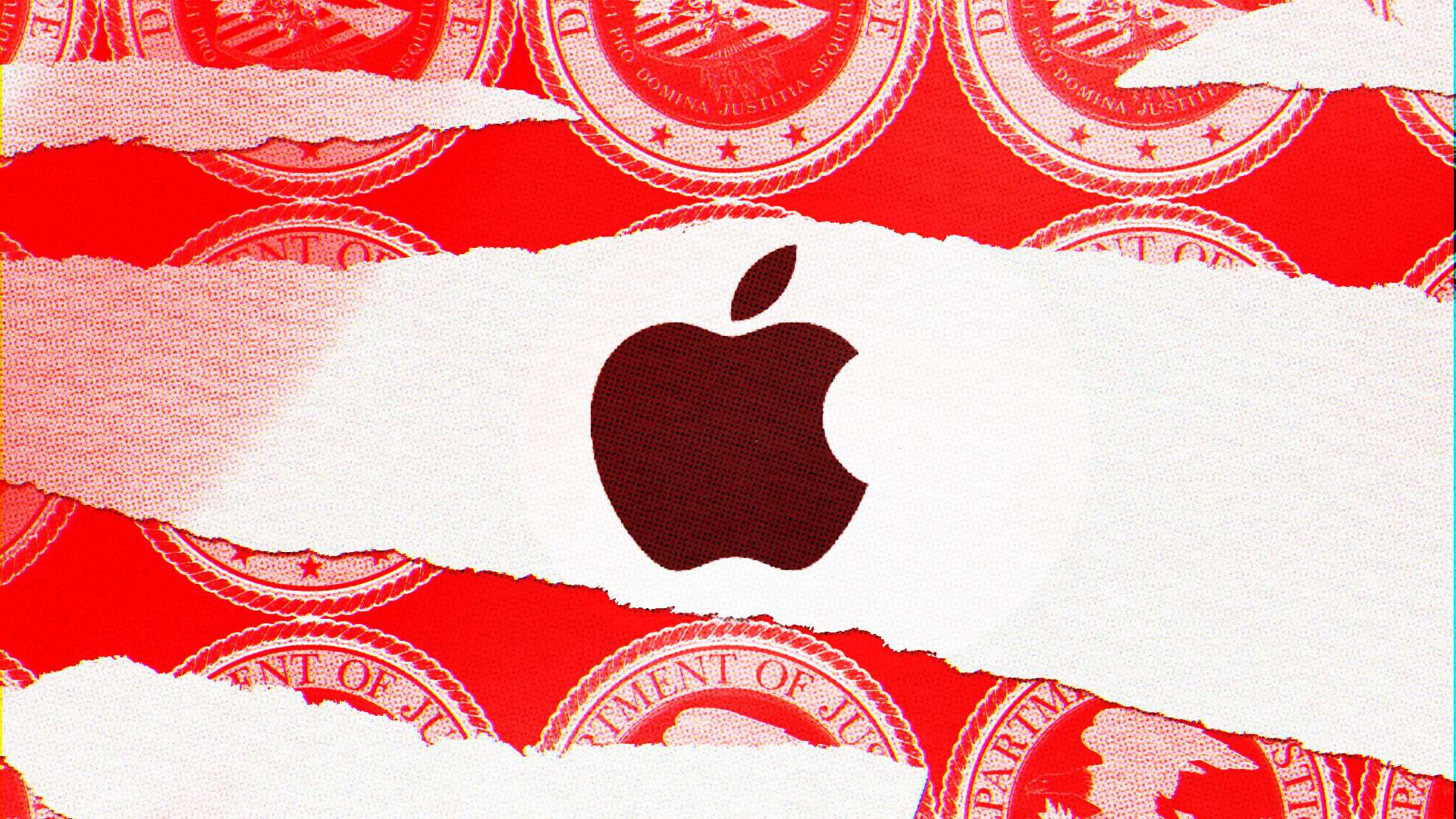In the United States, we do not penalize businesses for being successful. We certainly do not punish businesses because their competitors are struggling to keep up. Unfortunately, that is precisely what the Department of Justice (DOJ) is trying to do with its recent lawsuit against Apple.
In March, the DOJ, along with 15 states and the District of Columbia, filed a lawsuit aimed at penalizing Apple for effectively competing in the smartphone market. However, much like the Biden administration’s approach to antitrust enforcement, the DOJ’s lawsuit is focused on punishing Apple for its success rather than addressing any actual harm to consumers. Instead of promoting innovation and competition, this approach risks stifling the very progress that benefits Americans.
The DOJ’s lawsuit alleges that Apple has “willfully monopolized” the smartphone market through “exclusionary” and “anticompetitive” behavior. In particular, it accuses Apple of exerting unwarranted control over the creation, distribution, and functioning of apps within the iPhone operating system.
However, this control is not merely a legal business practice by a privately held company; it is an essential part of Apple’s business model. Far from being an “anticompetitive” practice that harms consumers, Apple’s meticulous approach to app integration is a pro-competitive way in which it meets its users’ needs.
Privacy, security, and seamless integration have been at the heart of Apple’s operational strategy for years. In 2010, Steve Jobs stated that “when selling to people who want their devices to just work, we think integrated wins every time.” He emphasized that “open systems don’t always work,” and Apple was “committed to the integrated approach.”
Apple’s products stand out for their ease of use and consistency over time. While no product is perfect, Apple’s goal is to deliver a seamless, integrated experience that users can rely on without a second thought. How does Apple achieve this? Through the careful exercise of control that the DOJ is seeking to penalize. Economist Alex Tabarrok explains in Marginal Revolution: “Apple’s promise to iPhone users is that it will be a gatekeeper. Gatekeeping is what allows Apple to promise greater security, privacy, usability, and reliability. Gatekeeping is Apple’s brand promise. Gatekeeping is what consumers are buying.”
This control is not indicative of anticompetitive behavior; on the contrary, it is Apple’s distinctive approach to third-party integration that sets it apart from other smartphone providers. As the Northern District of California concluded in the Epic Games v. Apple case, Apple’s approach “ultimately increases consumer choice by allowing users who value open distribution to purchase Android devices, while those who value security and the protection of a ‘walled garden’ to purchase iOS devices.”
The DOJ’s lawsuit is not truly about safeguarding consumers; iPhone users see Apple’s meticulous integration as a feature of the platform, not a flaw. Instead, it is a thinly veiled effort to achieve through legal action what Democrats could not achieve through legislation.
In 2022, the DOJ sent a letter to several sitting senators supporting the American Innovation and Choice Online Act. This legislation aimed to prohibit many of the practices that enhance consumer welfare, which the DOJ is now suing Apple over. The issue: it did not pass. Why? Because it is extremely unpopular among American voters.
A 2022 poll conducted by the U.S. Chamber of Commerce found that “70% of voters oppose Congressional proposals to add new antitrust regulations.” Furthermore, when presented with descriptions of the policies in the American Innovation and Choice Online Act, 79 percent of Republicans, 72 percent of independents, and 59 percent of Democrats said they would oppose the bill.
With its lawsuit against Apple, the DOJ is reviving these same unpopular arguments that have already been dismissed by the American people. Not only is this a blatant attempt to circumvent the legislative process, but it also threatens to penalize innovation and limit choice, ultimately harming the very individuals it purports to defend.
Digital markets do not require more government regulation; they need more companies willing to innovate and compete. The DOJ should not squander taxpayer resources targeting a company that has earned its success through excellence in the marketplace. An Apple a day may keep the doctor away, but it appears that all the pro-competitive justifications in the world cannot deter a politically motivated antitrust enforcer.





